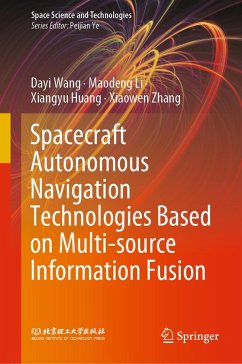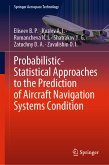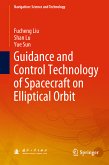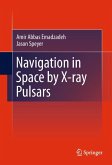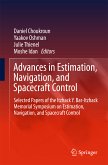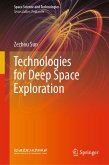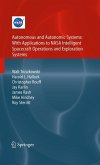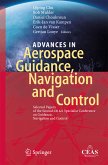This book introduces readers to the fundamentals of estimation and dynamical system theory, and their applications in the field of multi-source information fused autonomous navigation for spacecraft. The content is divided into two parts: theory and application. The theory part (Part I) covers the mathematical background of navigation algorithm design, including parameter and state estimate methods, linear fusion, centralized and distributed fusion, observability analysis, Monte Carlo technology, and linear covariance analysis. In turn, the application part (Part II) focuses on autonomous navigation algorithm design for different phases of deep space missions, which involves multiple sensors, such as inertial measurement units, optical image sensors, and pulsar detectors. By concentrating on the relationships between estimation theory and autonomous navigation systems for spacecraft, the book bridges the gap between theory and practice. A wealth of helpful formulas and various types of estimators are also included to help readers grasp basic estimation concepts and offer them a ready-reference guide.
Dieser Download kann aus rechtlichen Gründen nur mit Rechnungsadresse in A, B, BG, CY, CZ, D, DK, EW, E, FIN, F, GR, HR, H, IRL, I, LT, L, LR, M, NL, PL, P, R, S, SLO, SK ausgeliefert werden.
Es gelten unsere Allgemeinen Geschäftsbedingungen: www.buecher.de/agb
Impressum
www.buecher.de ist ein Internetauftritt der buecher.de internetstores GmbH
Geschäftsführung: Monica Sawhney | Roland Kölbl | Günter Hilger
Sitz der Gesellschaft: Batheyer Straße 115 - 117, 58099 Hagen
Postanschrift: Bürgermeister-Wegele-Str. 12, 86167 Augsburg
Amtsgericht Hagen HRB 13257
Steuernummer: 321/5800/1497
USt-IdNr: DE450055826
Bitte wählen Sie Ihr Anliegen aus.
Rechnungen
Retourenschein anfordern
Bestellstatus
Storno

